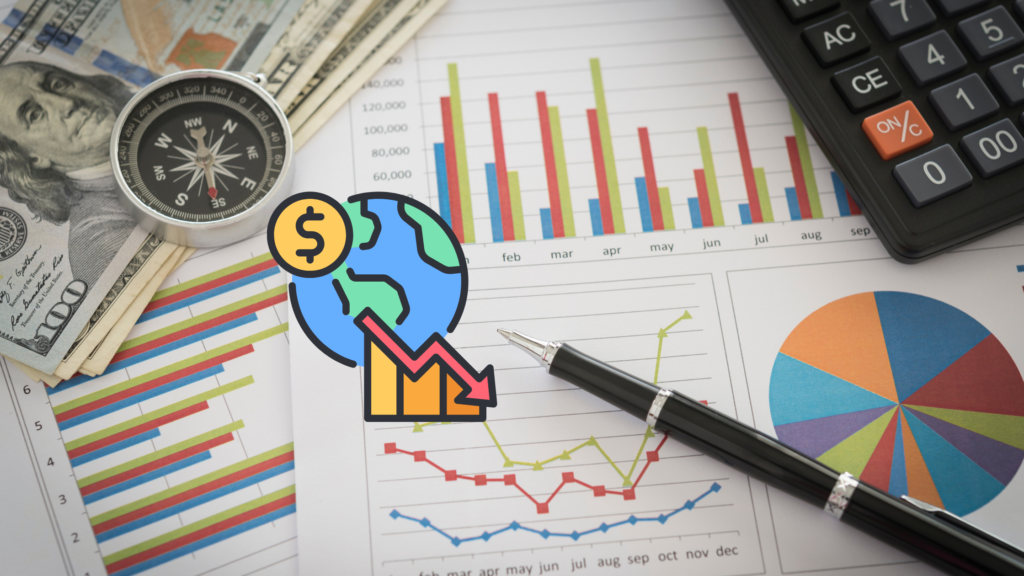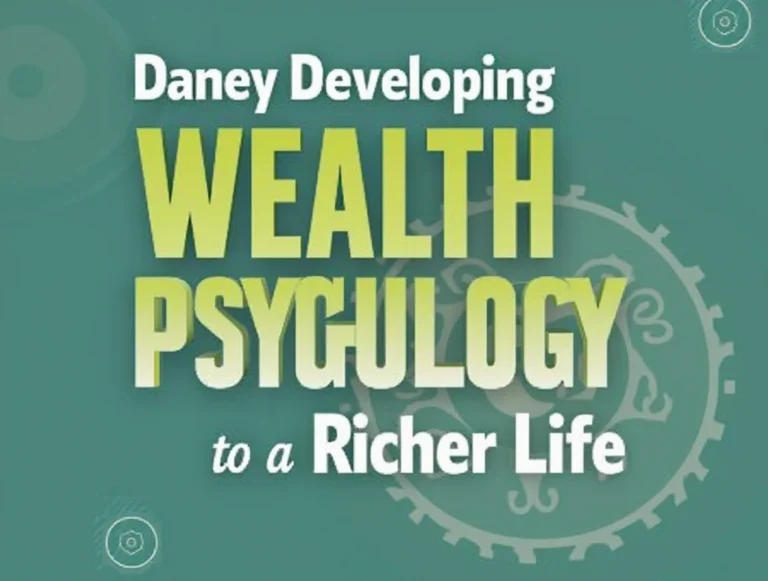The phrase “How Emotions Drive Financial Crises” encapsulates the intricate connection between human psychology and economic turbulence. Throughout history, emotions such as fear, greed, and overconfidence have played pivotal roles in shaping financial decisions, often leading to devastating market crashes. This article delves into the psychological mechanisms behind financial crises, exploring how emotions influence investors, markets, and economies.
Table of Contents
How Emotions Drive Financial Crises: A Historical Perspective
Financial crises are not just the product of economic mismanagement or geopolitical events—they often have deep psychological roots. Investors’ emotions drive markets to irrational highs and devastating lows, creating bubbles and bursts. A classic example is the Great Depression of 1929, where fear of bank failures led to mass withdrawals, exacerbating the crisis.
Similarly, the 2008 Global Financial Crisis showcased how greed, manifested in excessive risk-taking, contributed to the collapse. These events emphasize that understanding how emotions drive financial crises is crucial for preventing future turmoil.

The Role of Fear in Financial Crises
Fear is a powerful emotion that often dominates during economic downturns. When markets decline, fear drives panic selling, further amplifying the downturn. This phenomenon is known as herd behavior, where individuals mimic the actions of others to avoid being left behind.
For example, during the COVID-19 pandemic, stock markets worldwide saw sharp declines as investors rushed to sell off assets, fearing economic uncertainty. Understanding how emotions drive financial crises, particularly fear, helps in identifying ways to mitigate such behaviors through education and transparent communication from policymakers.
Greed: The Catalyst for Financial Bubbles
Greed operates at the opposite end of the spectrum, encouraging over-optimism and speculative investments. When markets rise, investors are often overcome by FOMO (fear of missing out), leading to inflated asset prices and economic bubbles. The Dot-com Bubble of the late 1990s exemplifies this, as investors poured money into tech companies with little regard for their actual value.
Recognizing how emotions drive financial crises through greed underscores the importance of prudent investment strategies. Long-term thinking and risk assessment can help counterbalance impulsive decision-making fueled by greed.
Read also: How Psychological Biases Affect Financial Decisions

Overconfidence and the Illusion of Control
Another key emotional driver of financial crises is overconfidence. Investors and financial institutions often overestimate their ability to predict market movements, taking excessive risks. Overconfidence was a significant factor in the 2008 housing crisis, where lenders assumed housing prices would never decline.
This misplaced confidence led to the proliferation of subprime mortgages and the eventual collapse of the housing market. Reflecting on how emotions drive financial crises through overconfidence demonstrates the need for regulatory oversight and better risk management practices.
The Science Behind How Emotions Drive Financial Crises
Behavioral economics provides valuable insights into the relationship between emotions and financial crises. Cognitive biases such as loss aversion and confirmation bias often lead to irrational financial decisions.
- Loss aversion: Investors fear losses more than they value gains, leading to panic selling during downturns.
- Confirmation bias: Investors tend to seek information that supports their existing beliefs, ignoring warning signs of a potential crisis.
These biases explain how emotions drive financial crises, highlighting the need for financial literacy programs to help individuals recognize and counteract these tendencies.

Can We Prevent Financial Crises Driven by Emotions?
While emotions are inherent to human nature, there are strategies to reduce their impact on financial markets:
- Promoting Financial Education: Teaching individuals about investment strategies, market dynamics, and the psychology of decision-making can reduce irrational behavior.
- Implementing Strong Regulations: Policymakers can introduce measures such as stress tests for financial institutions to ensure stability during market shocks.
- Encouraging Diversification: Spreading investments across various asset classes can mitigate risks associated with emotional decision-making.
- Leveraging Technology: Tools such as robo-advisors and algorithmic trading can help minimize emotional influences by relying on data-driven decision-making.
These approaches address how emotions drive financial crises and provide actionable solutions for individuals and institutions alike.
How Emotions Drive Financial Crises: A Future Outlook
In an increasingly interconnected global economy, understanding how emotions drive financial crises is more critical than ever. The rise of social media and real-time information sharing amplifies emotional responses, leading to faster and more widespread market reactions. For instance, Reddit-driven stock surges like those seen with GameStop in 2021 illustrate how collective emotional behavior can disrupt markets.
To navigate this evolving landscape, it is essential to blend psychological insights with technological advancements and sound financial policies. By doing so, we can mitigate the emotional drivers of financial crises and create more resilient markets.
External Resource for Further Reading
For a deeper understanding of behavioral economics and its role in financial crises, visit the Behavioral Economics Guide. This resource offers comprehensive insights into how psychological factors influence economic decisions.
Conclusion
Understanding how emotions drive financial crises is not just an academic exercise, it is a practical necessity for anyone involved in financial decision-making. By recognizing the role of fear, greed, and overconfidence, and implementing strategies to counteract their effects, we can pave the way for more stable and sustainable economic systems. As markets continue to evolve, staying informed and emotionally aware will be key to navigating future financial challenges.








